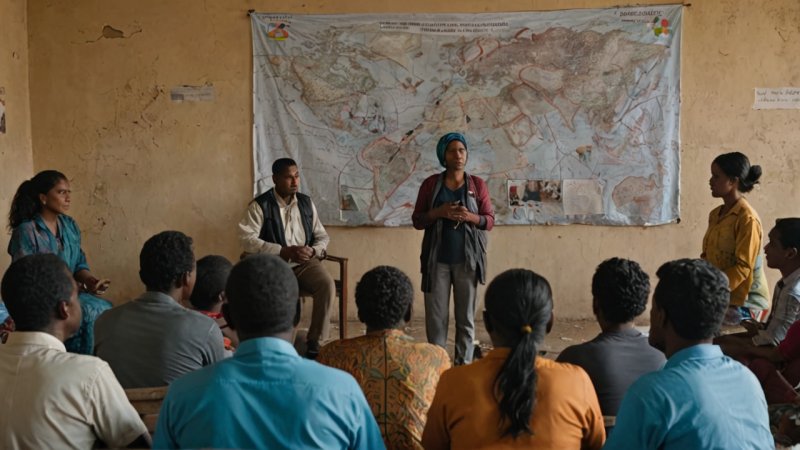1. Understand Your Audience
To effectively raise awareness, it’s crucial to know who you’re speaking to. Different demographics respond to different narratives. Tailoring your story to resonate with your audience can increase engagement and impact.
2. Use Personal Narratives
Stories that include personal experiences can evoke empathy and a deeper connection. Sharing individual accounts of those affected by humanitarian issues helps humanize the statistics and creates a compelling reason for action.
3. Incorporate Visuals
Visual storytelling is a powerful tool. Images, videos, and infographics can convey complex issues quickly and effectively. They can also enhance emotional engagement and make your message more memorable.
4. Highlight Local Heroes
Showcasing individuals or groups making a difference in their communities can inspire others to contribute. These local heroes often have relatable stories that can motivate action and participation from others.
5. Foster Community Participation
Encouraging your audience to share their own stories or experiences related to humanitarian causes can create a sense of community. This participatory approach can amplify your message and create a movement of shared commitment.
6. Utilize Social Media Platforms
Social media is a powerful amplifier for storytelling. Platforms like Instagram, Twitter, and Facebook can be used to share stories widely and engage a global audience. Use hashtags to increase visibility and reach.
7. Collaborate with Influencers
Partnering with influencers who are passionate about humanitarian issues can help broaden your reach. Their established audiences can help disseminate your stories to new groups of people who may not be aware of the issues.
8. Create Compelling Call-to-Actions
Every story should conclude with a clear call-to-action. Whether it’s encouraging donations, volunteering, or simply spreading the word, a strong call-to-action can motivate your audience to take meaningful steps.
9. Measure Your Impact
Gather data on how your storytelling efforts have influenced awareness and engagement. Understanding what works and what doesn’t can help refine future campaigns and ensure greater effectiveness.
10. Stay Authentic and Ethical
It’s vital to maintain authenticity and ethical standards in your storytelling. Avoid exploiting the suffering of others for sensationalism. Ensure that your narratives respect the dignity of those involved and are truthful.
Conclusion: Storytelling is an essential tool in raising awareness for humanitarian causes. By understanding your audience, using personal narratives, and employing various platforms, you can inspire action and foster a community dedicated to making a difference.






